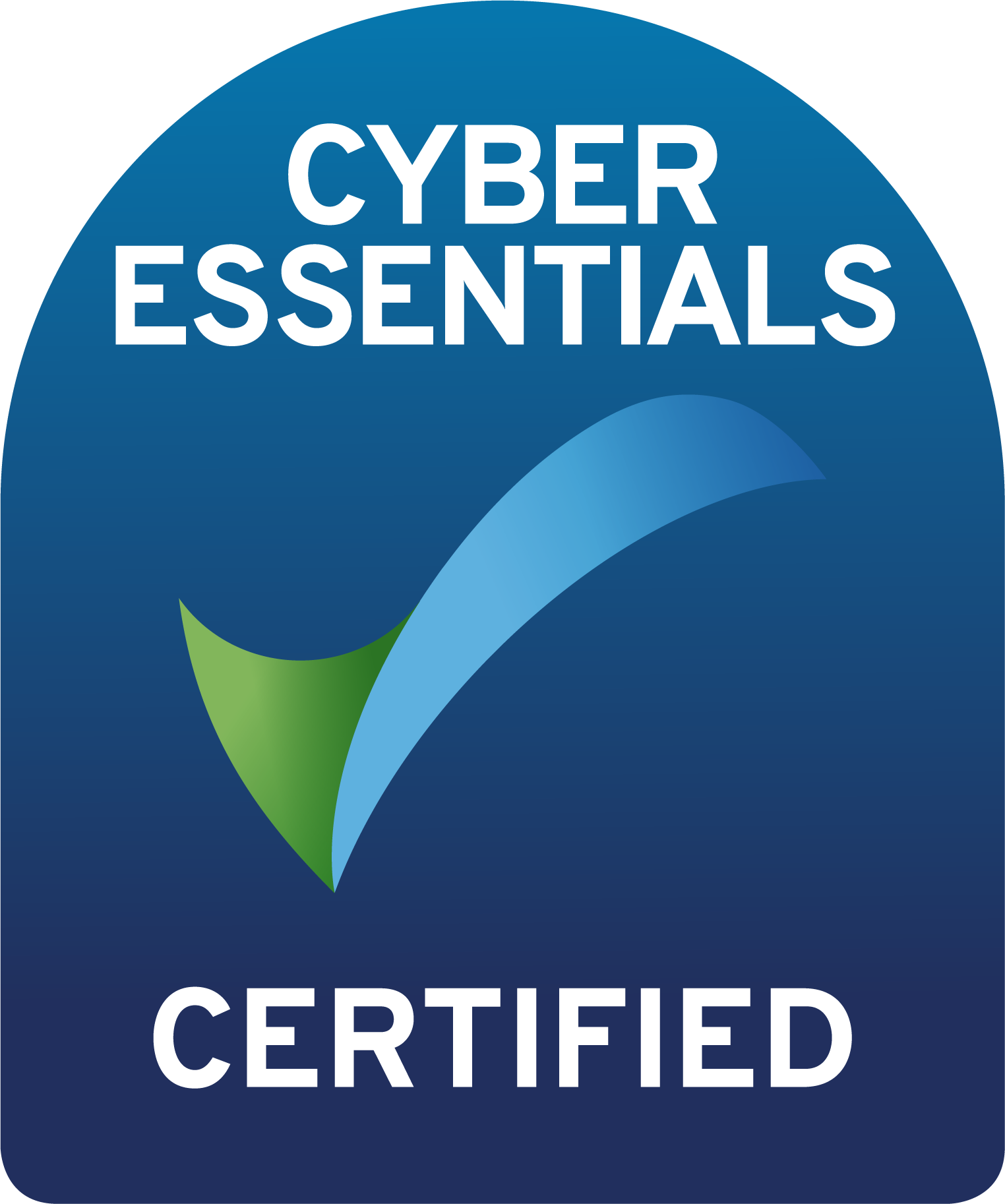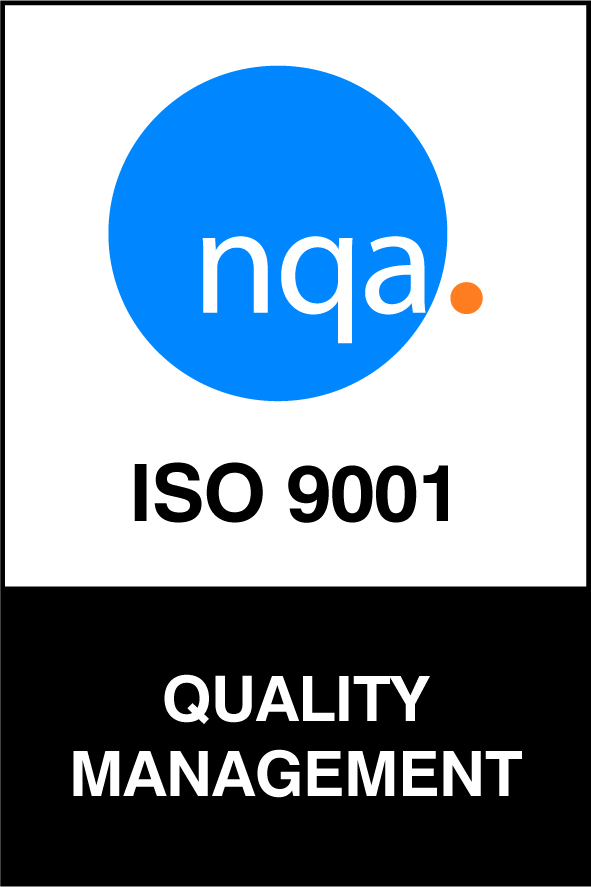Your CV isn’t just a document—it’s your first opportunity to make an impression. In the competitive world of highway engineering, a strong CV can be the key to securing interviews and landing your ideal role. Here’s how to craft a CV that grabs attention and sets you apart from the competition.
1. Start with a Powerful Personal Statement
Your statement is the first thing recruiters see—make it count. It should be concise, compelling, and tailored to the role you’re applying for.
Example:
A Chartered Civil Engineer with 8+ years of experience in highway design, maintenance, and infrastructure project management. Skilled in delivering large-scale projects on time and within budget while ensuring regulatory compliance. Passionate about sustainable transport solutions and innovative engineering.
Why it works: It immediately highlights expertise, experience, and key strengths, giving hiring managers a reason to keep reading.
2. Showcase Your Core Skills Upfront
Make it easy for recruiters to identify your strengths by listing key skills in a dedicated section. Structuring them into categories improves readability.
Examples:
- Highway Design & Maintenance: DMRB, BIM, Manual for Streets, pavement rehabilitation
- Drainage & Pavement Engineering: SuDS, pavement material selection, asphalt and concrete mix design
- Traffic & Road Safety: Road safety audits, traffic impact assessments, junction design, speed management
- Software Proficiency: AutoCAD Civil 3D, MX Road, MicroDrainage, OpenRoads, KeySIGN
- Project & Contract Management: NEC, JCT, CDM Regulations compliance, budget management
- Stakeholder Engagement: Liaising with local authorities, contractors, and consultants to ensure project success
3. Focus on Achievements, Not Just Responsibilities
Recruiters want to see how you’ve made a difference. Instead of simply listing job duties, showcase measurable accomplishments.
Weak:
Managed a team of engineers on various projects.
Strong:
Led a team of six engineers on a £50m dual carriageway upgrade, reducing congestion by 30% and cutting costs by 15% through innovative material selection.
Numbers, percentages, and tangible outcomes make your experience stand out.
4. Tailor Your CV for Each Application
Highway engineering covers a broad spectrum of roles. Customise your CV for each job to highlight the most relevant skills and experience. Use industry-specific keywords to improve your chances of passing Applicant Tracking Systems (ATS).
Pro Tip: Study the job description and incorporate key phrases like "highway alignment design," "drainage modelling," or "road safety audits" to align with employer expectations.
5. Keep It Professional and Well-Formatted
A well-structured CV is easier to read and leaves a lasting impression. Follow these formatting guidelines:
- Keep it within two pages – Prioritise relevant experience and key achievements.
- Use clear headings and bullet points – Avoid large blocks of text.
- Choose a professional font (Arial, Calibri, Times New Roman) – Keep it consistent.
- Ensure consistent formatting and spacing – A clean, structured layout enhances readability.
6. Highlight Certifications & Professional Development
Relevant qualifications and certifications can make you a stronger candidate. Display them prominently to showcase your commitment to professional growth.
Include:
- Chartered status: CEng (ICE), IEng
- Memberships: CIHT, IHE, SoRSA
- Site safety qualifications: CSCS, SMSTS, IOSH
- CPD courses: Road safety audits, drainage design, sustainable transport innovations
7. Demonstrate Your Technical Proficiency
Employers look for engineers with hands-on experience in key software and methodologies. List technical skills and provide context on how you've used them.
Examples:
- Pavement design: UKPMS, HDM-4, Pavement ME
- Drainage modelling: MicroDrainage, WinDes, Infoworks ICM
- Traffic analysis: VISSIM, SATURN, PARAMICS, LINSIG
- BIM & 3D Modelling: Revit, Navisworks, InfraWorks, OpenRoads
8. Add a Strong Cover Letter
A tailored cover letter can set you apart from other applicants. Address it to the hiring manager and explain why you fit the role perfectly. Use it as an opportunity to highlight a key achievement that relates to the job.
Example:
“Dear [Hiring Manager’s Name],
I am a dedicated Highway Engineer with extensive experience designing and managing large-scale infrastructure projects. In my role at [Company], I led designing and implementing a £30m road expansion project, improving traffic flow by 40% and enhancing safety measures. I am excited to bring my expertise to [Company] and contribute to your continued success.”
9. Proofread & Seek Feedback
A single typo can create a negative impression. Review your CV carefully using spell-check tools like Grammarly, and ask a colleague or mentor to provide feedback.
Common mistakes to avoid:
- Typos and grammatical errors
- Inconsistent formatting
- Vague descriptions instead of specific achievements
- Including outdated or irrelevant information
10. Keep Your CV Up to Date
Even if you’re not job hunting, update your CV every six months. Documenting new skills, projects, and achievements ensures you’re always prepared for future opportunities.
Final Thoughts
A well-crafted CV showcases your expertise, achievements, and potential, making you stand out in the competitive field of highway engineering. Follow these tips to maximise your chances of securing interviews and advancing your career.
Looking for your next opportunity? Get in touch with the team at Calibre Search—we connect talented engineers with top employers across the UK.










